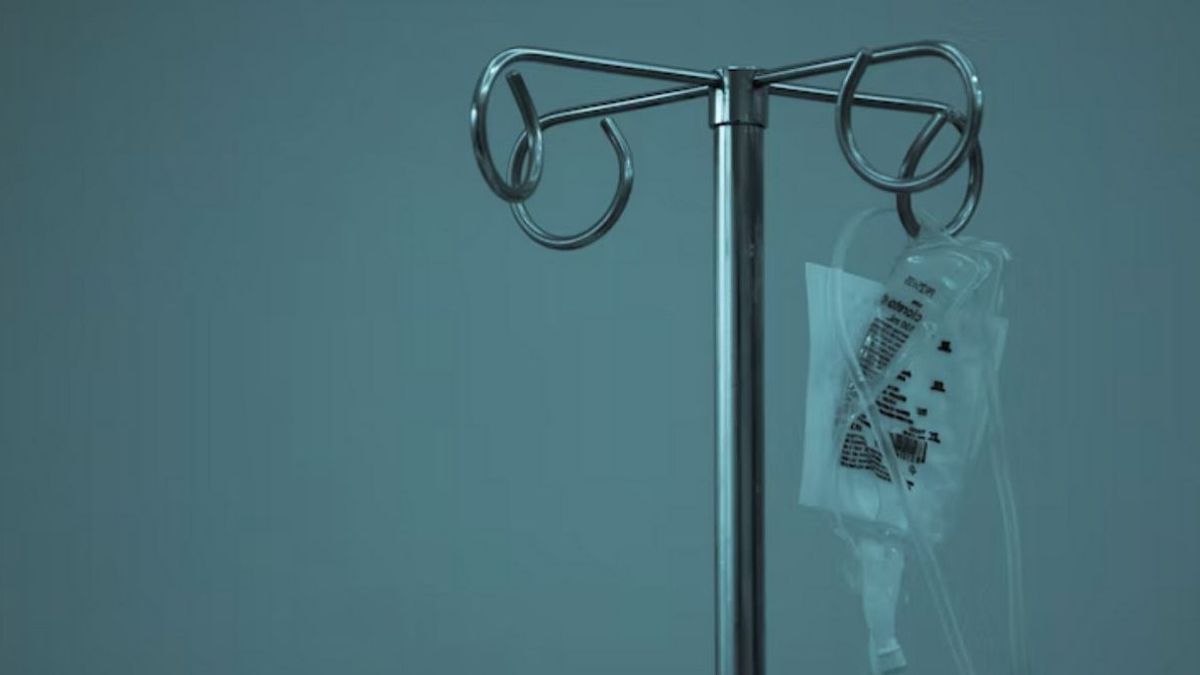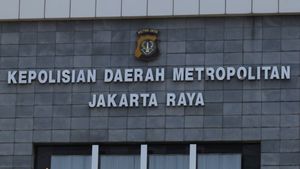JAKARTA - The DKI Health Office recorded 7,142 cases of dengue hemorrhagic fever (DHF) in Jakarta from early January 2024 to May 14. During the middle of this month, there were 729 cases of dengue fever.
Head of the Disease Prevention and Control Division of the DKI Jakarta Health Office, Dwi Oktavia, said that the trend of dengue cases in mid-May was lower than the previous month.
"Indeed, until now the conditions in April were still higher than in March, yes, they were still increasing until April. Hopefully in May it will be much lower," Dwi told reporters, Friday, May 17.
Although the trend is starting to decline, Dwi reminded that the spread of dengue cases still needs to be watched out for. Considering, since the beginning of this year, it has been recorded that 15 people have died as a result of this case.
Deaths in dengue cases are experienced in the range after children, adults, and the elderly (elderly). Dwi emphasized that the fatality rate of dengue disease can be experienced at all ages if it is late in receiving treatment.
"We need to be aware that the dengue fever is still there. So, people should not delay if they are sick, have a high fever, they must immediately be examined," explained Dwi.
Meanwhile, Head of the DKI Jakarta Health Office Ani Ruspitawati asked the public to be aware of dengue symptoms.
SEE ALSO:
Among them are characterized by a 2'7-day fever accompanied by manifestations of bleeding, decreased platelets (trombocytopenia), the presence of hemakoncentration marked by plasma leakage (increased hematotics, atheisis, efusion pleura, hypoalbuminemia).
There are also several other symptoms of dengue, such as headaches, muscle and bone aches, skin rashes or back pain of the eyepiece.
Not all who are infected with the dengue virus will show manifestations of severe dengue fever. There are only mild fever that will recover by itself or even some without symptoms of illness (asymptomatic). Some are suffering from dengue fever which does not cause plasma leakage and causes death," said Ani.
Ani added that the humidity is high and the increasing rainfall has the potential to increase the DHF transmission vector, namely the Aedes aegypti mosquito.
Thus, it is necessary to make massive efforts to control the DHF vector by involving the participation of all aspects of society in seven arrangements, namely settlements, offices, educational institutions, public places, food management places, health service facilities, and sports facilities.
"We urge residents to be vigilant and apply PSN (to eradicate mosquito nests) 3M (to drain, close, recycle) Plus or other activities that prevent breeding and bite of aedes aegypti mosquitoes," he added.
The English, Chinese, Japanese, Arabic, and French versions are automatically generated by the AI. So there may still be inaccuracies in translating, please always see Indonesian as our main language. (system supported by DigitalSiber.id)

















